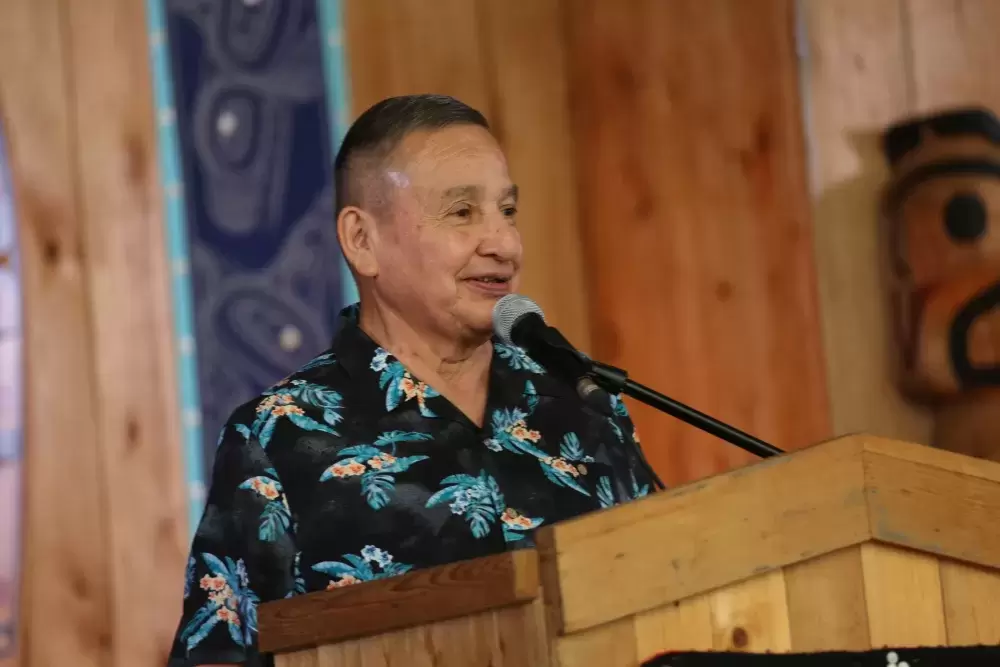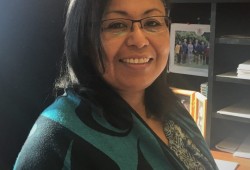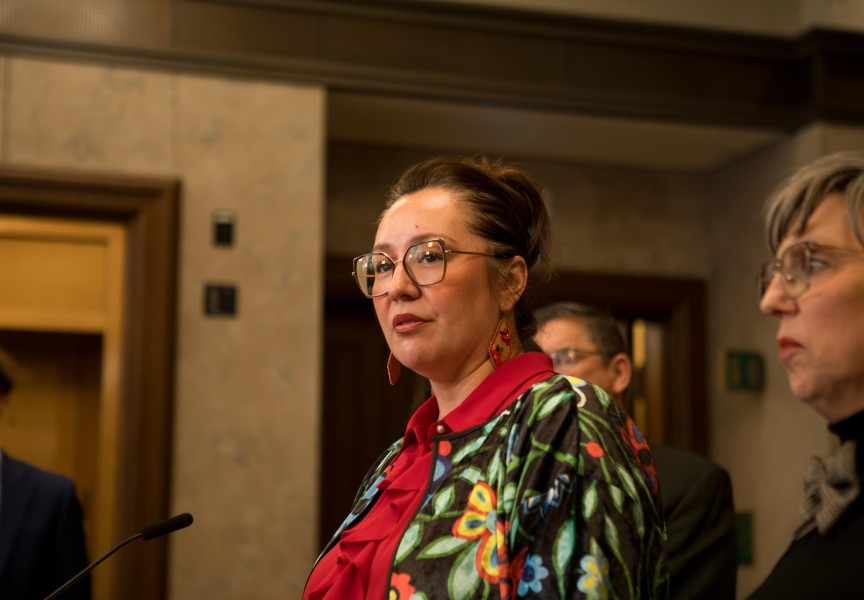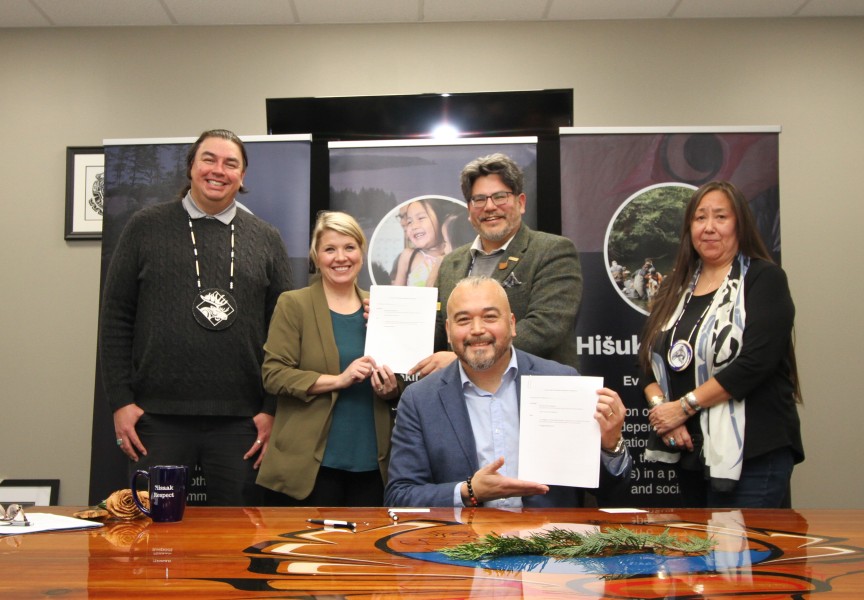A new, revised final settlement agreement has been reached by the Canadian Human Rights Tribunal, following a complaint made over 15 years ago.
Over $23 billion will be distributed to those who have been impacted by actions that have been ruled as discriminatory by the CHRT.
“For far too long, the imposition of colonial laws and bureaucratic systems have held chokeholds on us, our children, and our families, and were left to do so untethered, unabated, and unacknowledged,” said Grand Chief and President of the Union of BC Indian Chiefs Stewart Phillip in a statement. “The revised Final Settlement Agreement and the tribunal’s ruling advances broader recognition, both nationally and globally, of the heinous harms experienced by our people, at the hands of Canada,”
In 2005, just two years prior to the complaint being filed, five-year-old Jordan River Anderson died while in hospital in Manitoba. Anderson was born with multiple disabilities, and was not able to leave the hospital in the first place until he was two years old.
Because of his complex medical needs, Anderson was placed into the foster care system. This was only because the federal government would provide funding to foster parents looking after First Nations children with disabilities, but would not disperse the same funding to the child’s own family.
The federal and provincial governments were unable to determine who would be liable to pay for his home-based care. This was not uncommon, as different levels of government funded different services for First Nations children. This was doubly true for children who lived on a reservation.
Anderson was deemed eligible to be released from hospital, and the Norway House Cree Nation leaders were able to raise money to have a van outfitted to take care of his needs. A specialized foster home was found, and he was ready to be released from hospital. But because Anderson was stuck in one of these payment disputes, the government decided he should remain in hospital until the situation could be figured out. He would never make it out of the medical facility.
As doctors Noni MacDonald and Amir Attaran put it in an editorial for the Canadian Medical Association Journal at the time, “the bureaucrats ruined it.”
In 2007, The First Nations and Family Caring Society and the Assembly of First Nations filed a complaint with the tribunal alleging that Indigenous children living on reservations were not receiving the same level of care and welfare services as other children in Canada. Part of the proposed resolution was the adoption of Jordan’s Principle, named in Anderson’s honour.
Jordan’s Principle stated simply that First Nations children would receive the care they needed when they needed it, and that payments could be sorted out later. Jordan’s Principle was passed unanimously by the House of Commons on December 12, 2007. In 2015, the Truth and Reconciliation Commission called for it to be implemented across all levels of government, and the following year that is exactly what happened.
But the adoption of Jordan’s principle was just part of the complaint that was filed. And while it may have been adopted quickly, the complaint as a whole was not. It would be another six years before the complaint would make it to the Canadian Human Rights Tribunal in 2013, and another three before the CHRT would make a decision.
In 2016 the tribunal agreed with the complaints made, and ordered the federal government to change its actions, reform the First Nations Child and Family Services (FNCFS) program, and echoed the call to fully implement Jordan’s Principle.
September 2019 saw the Assembly of First Nations requesting a compensation decision from the tribunal, something the CHRT agreed with. The Government of Canada was ordered to pay families who had children on reserves in the Yukon who were removed from their home from 2006 on, as well as those who had been mistreated due to what they called a narrow interpretation of Jordan’s Principle.
Two years later in 2021, class action lawsuits were filed seeking damages for those who suffered due to under funding of the FNCFS and again for narrow interpretation of Jordan’s Principle.
In 2022, a final settlement agreement was announced in the amount of $19.807 billion. The CHRT, however, found that this settlement did not fully satisfy their orders. Certain categories affecting some complainants removed. The tribunal ultimately decided, however, that this was “substantially satisfied.”
But now, the final settlement agreement has been amended, bringing the total up to $20.3 billion and including all those who have been negatively impacted. At the direction of the First Nations-in-Assembly, this updated settlement was reached on April 4.
“I know for many, the release of the tribunal’s Letter Decision, provided some much-needed encouragement and cause for celebration, amidst relentless child protection reform and resumption of jurisdiction work underway by our leaders and nations,” said First Nation Summit Political Executive Cheryl Casimer. “It reminds us to pause, celebrate our successes and acknowledge we are not alone in this fight for the justice of our children. It is my hope that the Federal Court expedites its decision on the revised FSA, and that with the claims process supported by the tribunal, those entitled begin to receive compensation as soon as possible.”
The revised settlement has been submitted to the tribunal. It will now be submitted to the Federal Court for approval before the claims process can begin.








